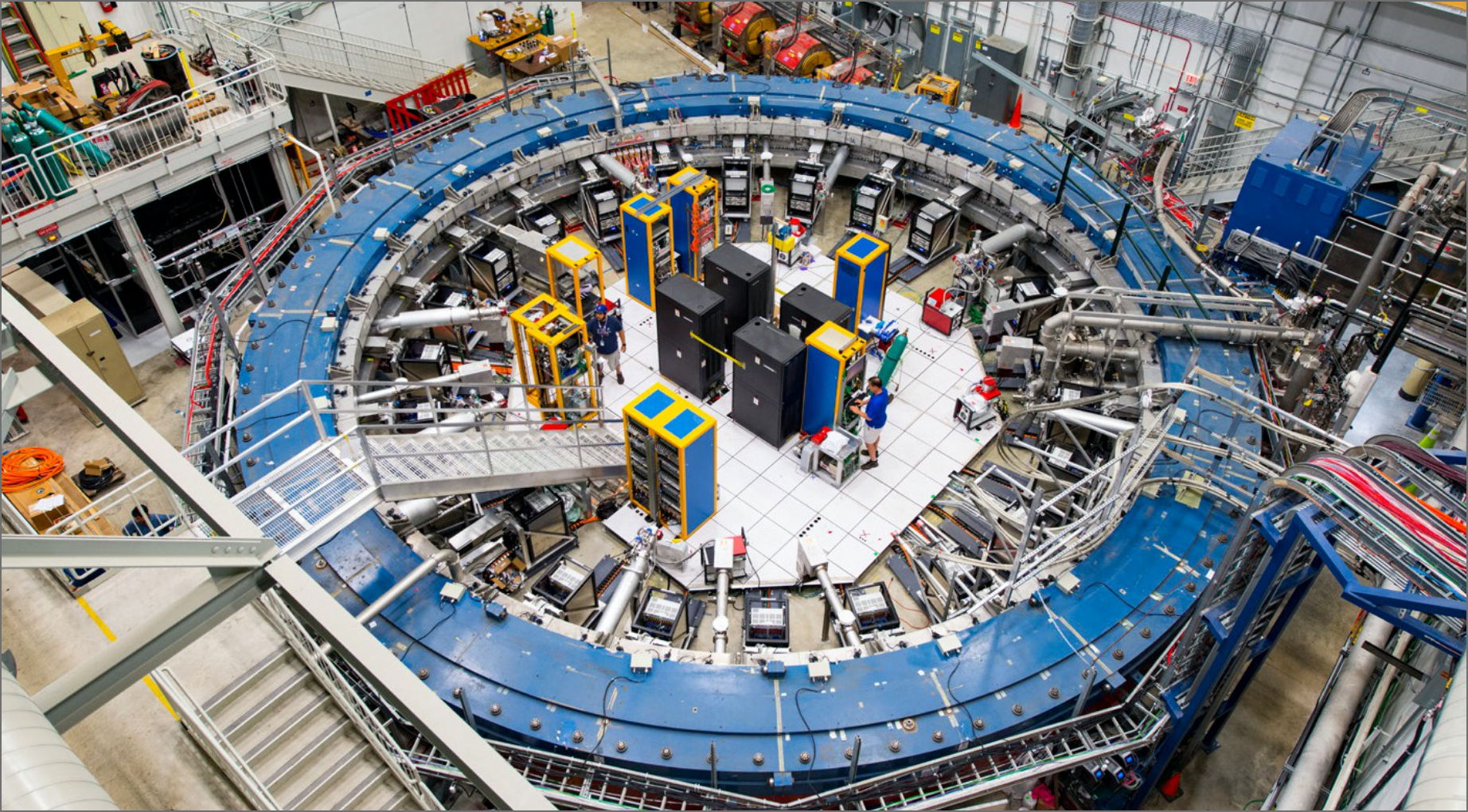A flood of ideas
-
- from Shaastra :: vol 03 issue 06 :: Jul 2024

Ready for a cot-cum-boat, crop-specific forecasts and stable bio-specimen storage?
Fureboat
Founder: S. Muthukumaran
Year: 2022
Big idea: To design and develop a boat-cum-cot
The sight of marooned people seeking help in flooded areas got S. Muthukumaran thinking. Could he do something that would help evacuate such distressed people, especially senior citizens and the disabled, wondered the Head of the Department of Metallurgical and Materials Engineering at Tiruchirappalli's National Institute of Technology (NIT).
It prompted him to design a piece of furniture that could be also used as a boat. "Many people, especially the aged and the disabled, got trapped during the floods. I thought something must be done for them. I designed a boat," he says. But there was one hitch: people don't typically keep a boat at home. "Then, I thought, why not design a cot like a boat and use it as a boat only during an emergency," Muthukumaran says. He developed a working prototype, which was tested by the Cochin Shipyard and the Department of Ship Technology at Cochin University of Science and Technology. After a few modifications, it was certified stable.

Called Fureboat, it comes fitted with two oars. The frame is made of steel and reinforced by polymer-based composites. The mattress, made of resin, has a layered, fibre-glass mat. It weighs around 80 kg. The weight can be reduced by at least 30 kg if carbon fibre rods are used instead of steel for the frame, according to Muthukumaran. He registered a company — Fureboat Pvt Ltd — to commercially make these boats, which cost `25,000-30,000. He explains that the cots, when flipped, become boats.
He got validation for his product when Thoothukudi (formerly Tuticorin) in southern Tamil Nadu was flooded in 2023. The office of the then (and current) Member of Parliament representing the constituency requested him to send boats to rescue stranded people, he says. The National Disaster Response Force also recently tested the boat by filling it with water with three people in it. The boat was stable and did not sink, he adds. It can stay afloat for extended periods in turbulent water because of hollow sectionals on the sides, he points out.
The NIT website states that the Fureboat — that is, furniture-cum-emergency-boat — may also be used as a rescue boat in ships.
Muthukumaran says he has relied mostly on his own funds and a start-up grant from NIT. Fureboat will get these cot-cum-boats manufactured by companies that make fishing boats near Puducherry, he adds.
Neuome Technologies
Founders: Rajani Kanth Vangala and Nagraj Lanka
Year: 2020
Big idea: To radically change bio-specimen collection and storage
While working at an institute that collected bio-specimens and was a biobank for genomic research in Bengaluru, Rajani Kanth Vangala realised that nothing much had changed in diagnostics when it came to storing specimens. He noted that collecting, transporting and preserving samples for diagnosis was time-consuming and power-intensive, leading to exorbitant electricity bills.

The biggest challenge was to have liquid nitrogen at extremely low temperatures. The cost of storing each sample was high mainly because it was a power-intensive process. So, Vangala — who did his Master's in Biotechnology from the University of Hyderabad and a PhD in Human Biology from the Ludwig Maximilian University of Munich — founded Neuome Technologies in Bengaluru to develop an alternative method to store samples at room temperature over a longer period. He developed a technology called InstaPreserve, which allows bio-specimen collection, transport and storage with a long and stable shelf life and eliminates the need for a cold chain infrastructure. He sent some of the samples to hospitals and was told that the samples were well-preserved and that they could replace using formaldehyde in histopathology with Neuome's solution.

InstaPreserve, Vangala says, is a mix of three or four basic chemicals. These compounds — glycols and other alcohols — prevent tissue degeneration. Whenever a tissue sample is taken, it starts to degrade and attract microbial activity. "With our concoction, those things don't happen and the tissue gets preserved for up to 20 years. That is the innovation we have come up with. We are now trying to sell the product," says Vangala.
This is just one of Neuome's products, he adds. It is a niche biotech start-up with proprietary technologies and assays that have wide applications in the molecular diagnostic space. When the COVID-19 pandemic spread, Neuome developed a peptide-based diagnostics technology for the coronavirus. It even got approval from the Indian Council of Medical Research, but the company could not sell the product because by then a host of rapid detection tests had flooded the market, he says.
Neuome — the first half of the name is from the German word neu, which means new, and the second half from genome — is his second venture. After stints abroad, Vangala returned to India, worked in the private sector and then started a venture that was focused on molecular diagnostics, which he later sold. Neuome's strategy, he says, is to develop platforms that will generate a portfolio of therapeutic, prophylactic or diagnostic candidates. It is now all set to launch InstaPreserve.
ClimAgro Analytics
Founder: Harshit Mishra
Year: 2023
Big idea: Climate-related agriculture risk assessment
Harshit Mishra had a deep interest in sustainability and climate change. Mishra, who did his Master's and PhD in Environmental Engineering from the Indian Institute of Technology Bombay, wanted to help mitigate risks associated with farming. He founded ClimAgro Analytics, which seeks to balance climate risks for the agriculture sector.

Incubated at Pusa Krishi, under the Indian Council of Agricultural Research - Indian Agricultural Research Institute, ClimAgro will use historical data on weather, cropping patterns and yield, and combine it with weather forecasts to provide inputs on what to expect during the cropping season and highlight the risks involved. This will help farmers plan what to sow, how much to sow and what yield to expect, he says. The details will also help banks and insurance companies plan their risk mitigation strategies.
Mishra reckons that if farmers have information on what to expect in the next sowing season, they can modify their inputs suitably, substantially controlling their input costs. For this, the company is in the process of developing a product it calls WhichCrop. ClimAgro's first product, to be released shortly, will focus on providing accurate crop-specific yield predictions and current-to-medium-term climate risk projections to help insurance companies and lenders. "Our plan is to focus on crop-specific yield insight and fostering financial resilience in the agricultural sector," he says. Ample information is available on climate data and models as well as weather forecasting. For any region, farmers usually plant a combination of three or four crops. Using historical climate and crop yield data, and farm management analyses, ClimAgro will provide insights to support businesses in managing climate-related risks and optimising their agricultural investments.

"If you can tell them that this year, this is what will happen, the yield for a particular crop is going to reduce, then the farmer can make an informed decision on what to do. We can help them reduce agricultural input costs. There are a lot of things that can be done with data," says Mishra. The aim is to integrate climate risk into the decision-making process of farmers using data analysis and modelling. This kind of insight, says Mishra, will even help the government plan allocations for the rural employment guarantee programme, as it will have information on what will happen in which region.
Historical data, according to him, explains how a particular crop behaves in certain climatic conditions. With accurate monsoon predictions available, combining them with historical data will help ClimAgro prepare its models. The Kanpur-based company hopes to work with the disaster management authority in Uttar Pradesh to prepare a climate risk and vulnerability map for the State, according to Mishra.
Have a
story idea?
Tell us.
Do you have a recent research paper or an idea for a science/technology-themed article that you'd like to tell us about?
GET IN TOUCH














